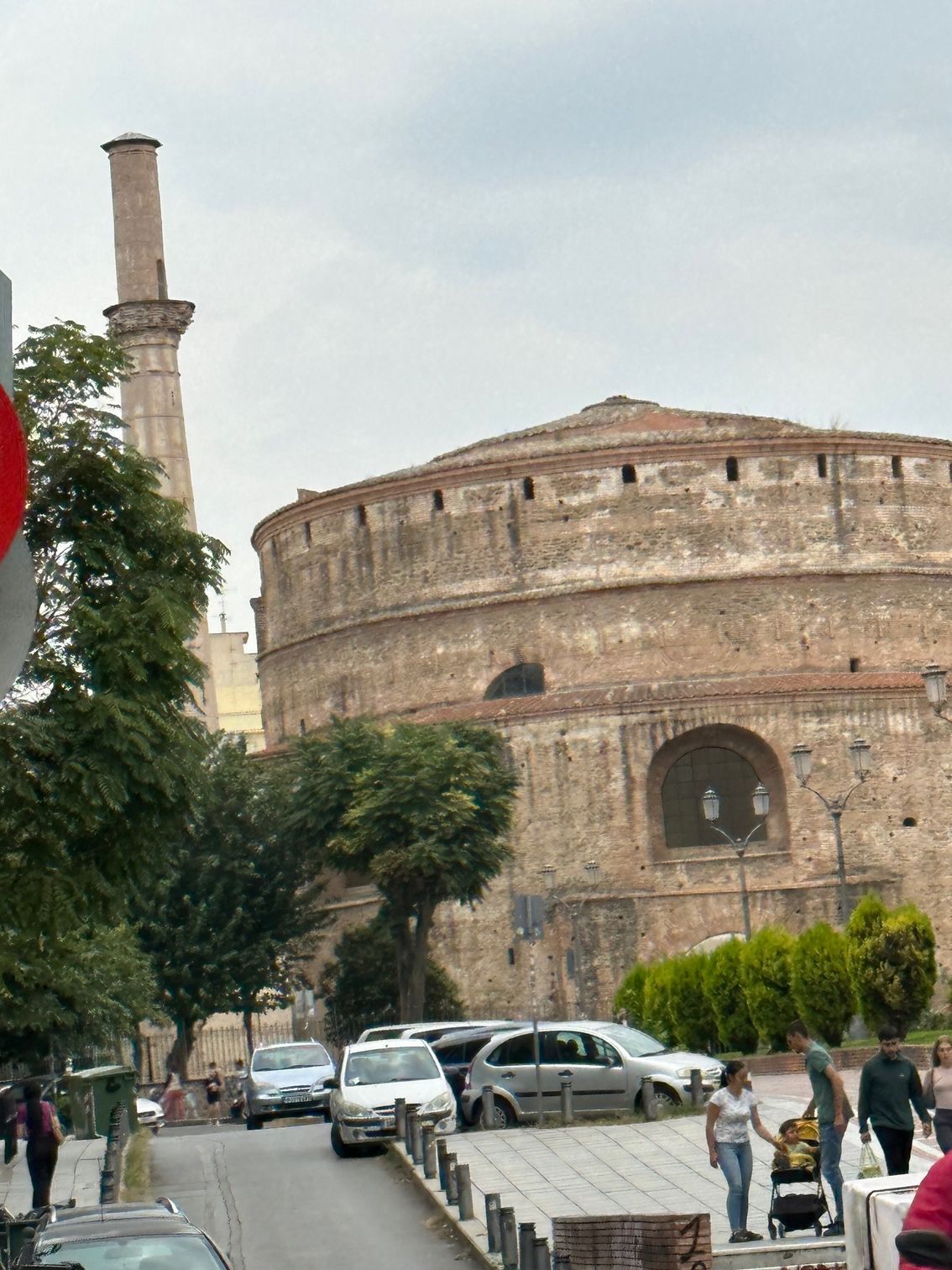Message of Abbot Paul - Sunday 8th October 2023
Abbot Paul • October 7, 2023
As today is Sunday and you will be going to Mass or, if housebound, watching it on television or some device, I’ll be short, bearing in mind that I’m also having a rest from the usual round of duties. Yesterday was a rest day, a day for catching up, a day for domestic chores such as washing and ironing. It’s also the day I had lunch with the wider family and enjoyed the rich table of traditional Greek food, bearing in mind that Thessaloniki was for centuries a multiethnic city with a large population of Sephardic Jews, Turks, Bulgarians, as well as Greeks and such minorities as Vlachs, Albanians, Armenians, Italians and French. Then in 1923, following the disastrous invasion of Asia Minor by the Greek government, there came the expulsion of the Turks from Greece and of the far greater Greek population from Asia Minor, Pontus and other parts of Turkey, bringing with them their ancient gastronomic traditions.
Our Sunday Gospel comes from Matthew, (Mt 21: 33-43), where Jesus, by means of the parable on the owner of a vineyard and the treatment meted out on his son by his tenants, warns the chief priests and elders of the people that, “the kingdom of God will be taken from you and given to a people who will produce its fruit.” For they are rejecting Jesus, he who is “the stone rejected by the builders, who has become the cornerstone.” Could Jesus be warning us too?













